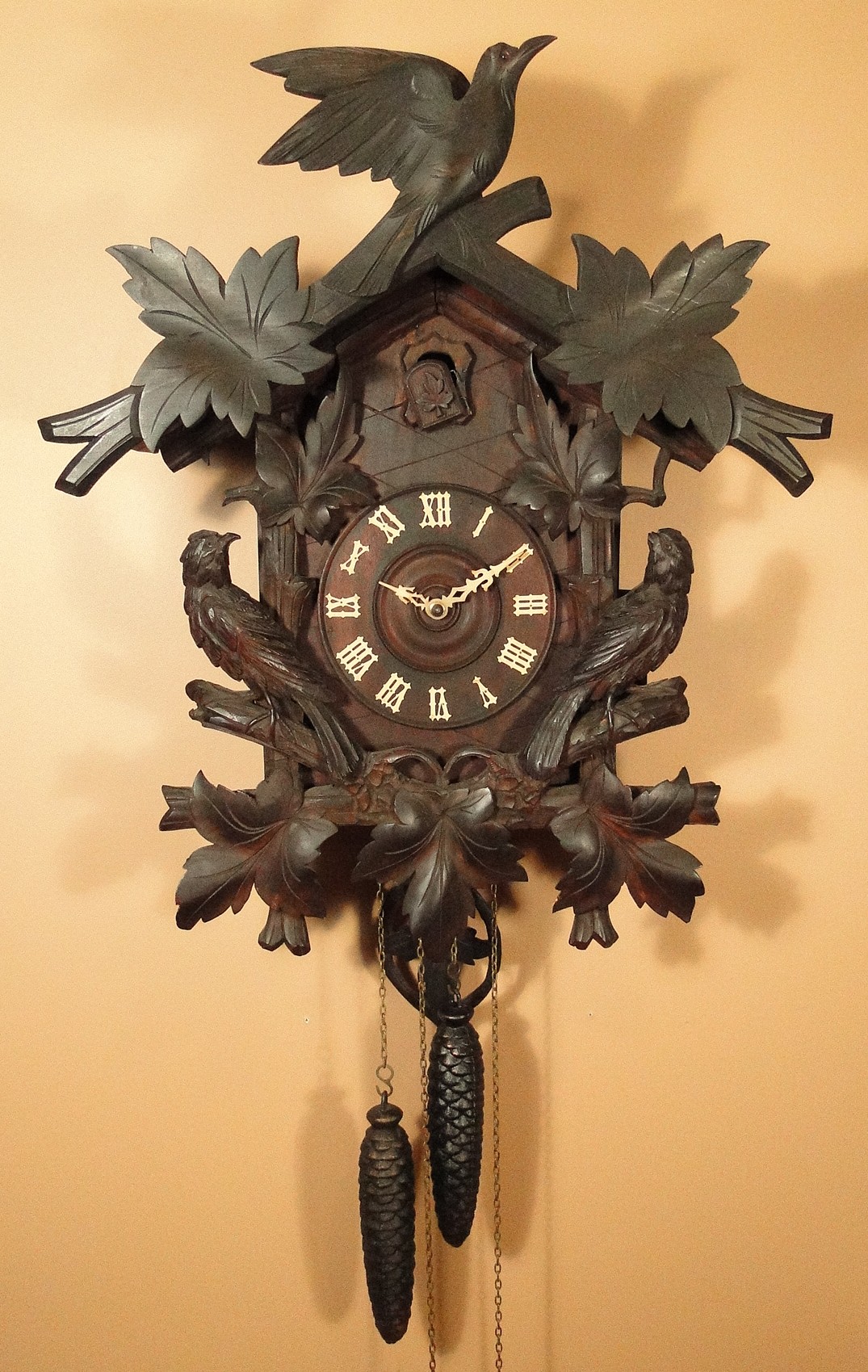
"Aw, lay off the business. It's like any other business, only here the blood shows." -Midge Kelly, Champion (1949)
I love a good, hard-boiled detective story.
You know the kind I mean. The Big Sleep. The Maltese Falcon. The Kinsey Milhone mysteries.
I've been watching film noir for years now. Recently, I realized it's been influencing my writing that entire time, even though I didn't always realize it. There are a few things they all have in common that continually resonate with me:
1. Flawed heroes. I love noir heroes. The best ones are jaded, tortured, self-deprecating, and yet are tasked with protecting what little good exists in the world. They always come through in the end, but far from being made whole by the journey, oftentimes they're left even more tortured than when they began.
2. Sympathetic villains. Noir heroes and noir villains are opposite sides of the same coin. Noir villains are the physical embodiments of the worst aspects of noir heroes. Everything they do, the hero can understand, even empathize with, because deep down he's thought of doing the same thing himself.
3. Intense locales. Noir settings play as much a role in the story as the characters do -in fact, they are often characters in their own rights. Dark, ominous, they aid the villain and force the hero to rely on his wits to solve the mystery and stay alive.
4. Femme fatales. If the noir villain is the opposite side of the hero, the femme fatale is the hero. In an interview discussing his new noir series, Daniel Handler (aka Lemony Snicket), put it best: "They're both making their own moral path through a world that is sinister and secretive. ...(they) are unapologetic about making their way in a world that seems to have no place for them."
5. Uncomfortable endings. Don't watch a film noir if you're looking for a warm, fuzzy, Happily-Ever-After. True noir rarely ends well. Sometimes the good guys don't come out on top, and even if they defeat the villains, it is usually a hollow victory.
A lot of these elements have showed up in my writing. Now that I've lifted them from my self-conscious, I expect they will even more in the future.
Not familiar with film noir? Here are a few of my favorites to get you started:
Laura
Gilda
The Maltese Falcon
The Lady From Shanghai
The Big Sleep
<!– start LinkyTools script –> <!– end LinkyTools script –>





